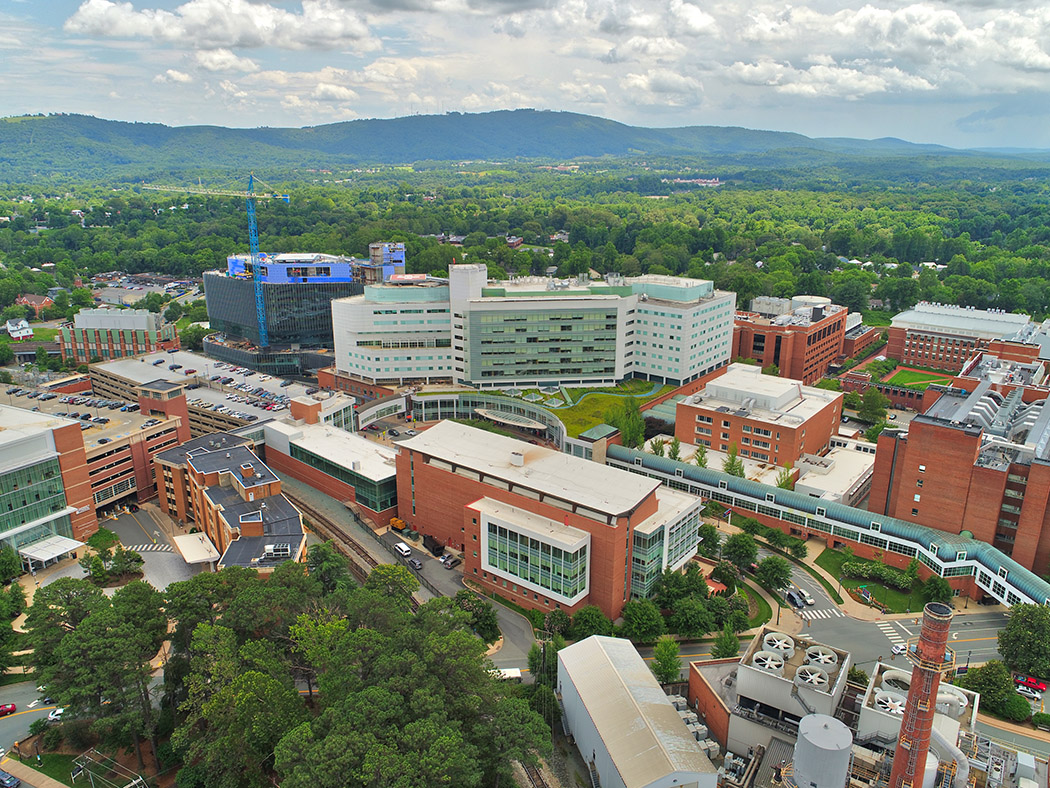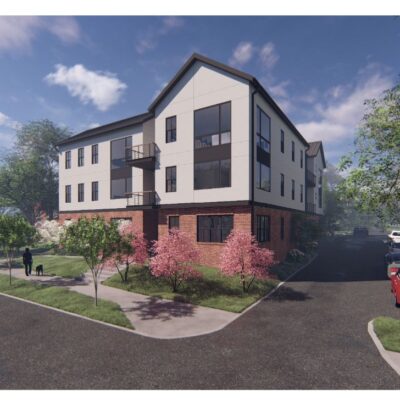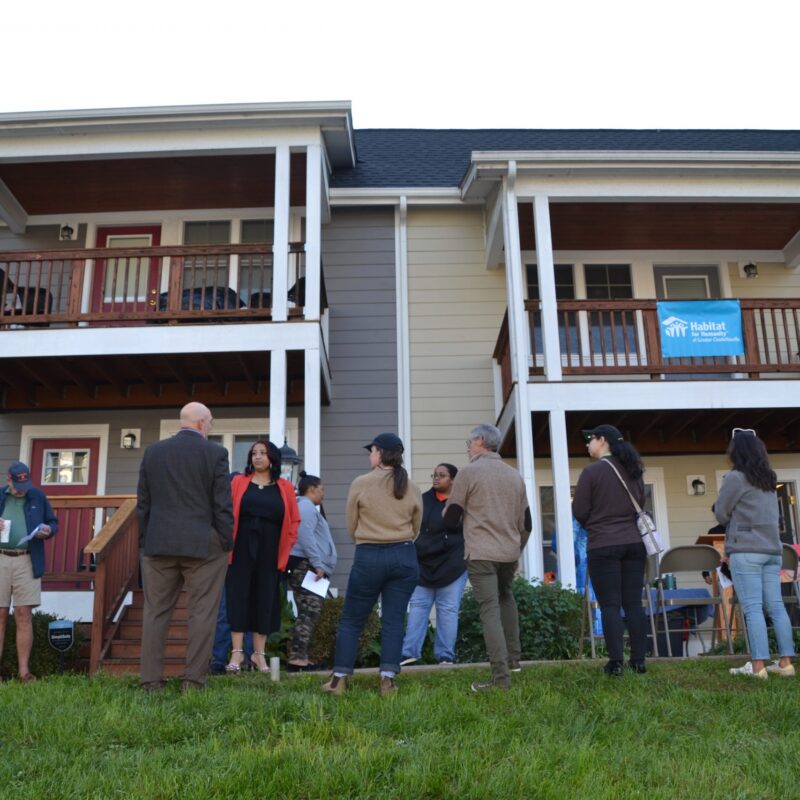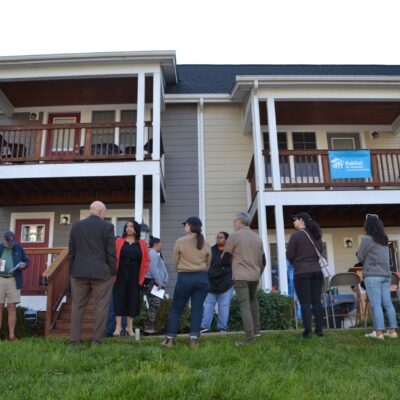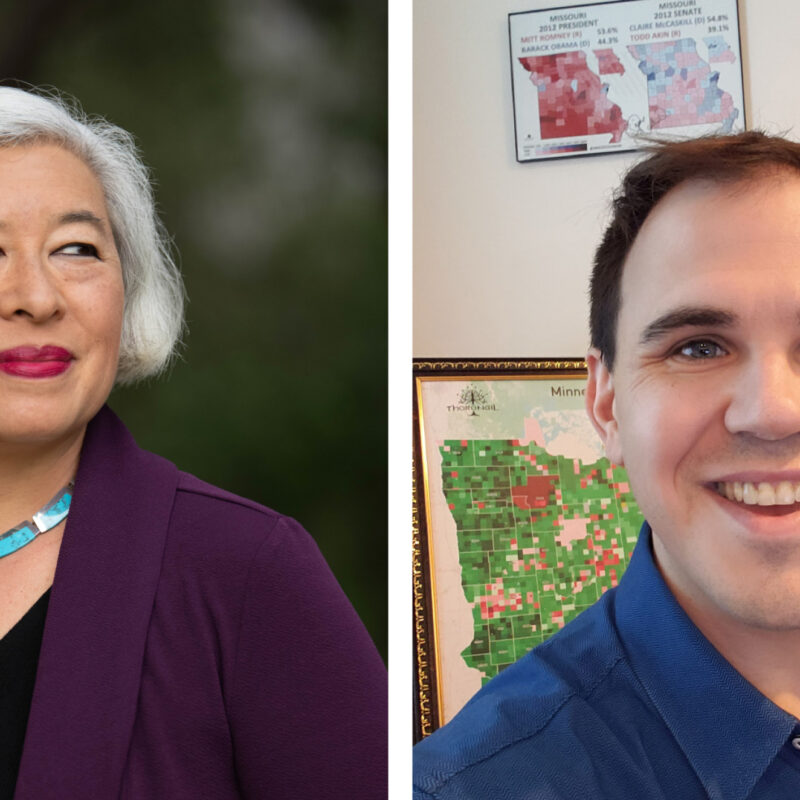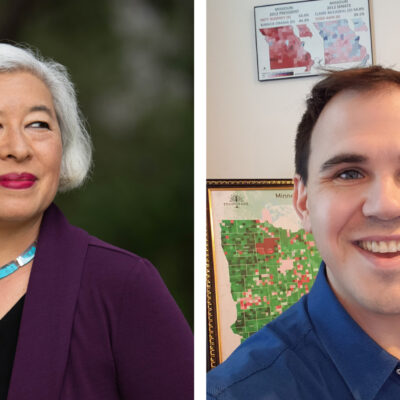Despite ample warnings from health experts, millions of people traveled across the country to visit family and friends for the holidays. Now, COVID cases have reached an all-time high—and health care workers are paying the price.
“The ICU has been completely full or close to full for most of the surge period, which really kicked off in December and is still going,” says a nurse aide at UVA hospital, who asked to remain anonymous to ensure the safety of his job. Last month, “we had to open a second acute care unit, which is for COVID patients who [need] just below ICU level care.”
For months, UVA hospital has not had enough staff to keep up with spikes in patients across all units, forcing current employees to work more shifts and longer hours. The staffing crisis has led to a new policy: All nurses and patient care technicians must take on two 12-hour shifts within every six week scheduling period, on top of the three 12-hour shifts they typically work every week—an 11 percent increase in hours on the job. Employees will receive increased hazard pay for these new shifts.
“A lot of us are pretty burned out already, especially the nurses that take care of COVID patients,” says pediatric nurse Danielle Christmas. “They are asking us to do more and more and more.”
“There are people doing this who have kids—how do you plan anything for your family around this?” says a part-time nurse aide, who also asked not to be named.
Since the policy went into effect on January 10, those who cannot do the extra shifts have been allowed to find another person to work it for them. But that can be difficult when everyone is desperate for a break.
“When I go home I don’t have the energy to cook. I don’t want to clean. This is at the expense of the rest of our lives,” adds the part-time nurse aide. “We’re here because we like to help people, and want to give as much as we can—but if that’s not sustainable, who does that help?”
In addition to mandating extra shifts, the hospital continues to shuffle nurses around outside of their normal units, meaning nurses are often performing jobs that aren’t as well-suited to their skill set.
“We’re seeing an increase in patient to nurse ratios in a lot of the non-COVID units, which is of course dangerous for those patients and for staff,” says the nurse aide.
While the new policy is supposed to end in early April, the nurses fear it could last longer if the hospital does not ramp up its hiring.
When I go home I don’t have the energy to cook. I don’t want to clean. This is at the expense of the rest of our lives.”
Hospital part-time nurse aide
“I know they are hiring people and bringing on travel nurses, but this is not a problem they can solve overnight,” says the aide. “They need to focus on keeping the nurses that they have now.”
“There are some newer nurses that have only been here for maybe a year or less who say they are thinking of leaving UVA altogether because of the way they are handling things and treating us,” adds Christmas.
According to Chief Nursing Officer Mary Dixon, reinforcements are on the way. Twenty-eight newly graduated nurses will be brought on staff next month. And every day, recruiters are actively looking for seasoned nurses to fill open positions.
Due to the pandemic, “nurse staffing is a challenge probably in almost every single health care institution. And under that challenge, recruitment also can be a challenge,” says Dixon.
“A lot of this [new policy] is really in preparation for the unknown, and making sure we have good plans in place if we were to take on more COVID patients,” says Medical Center CEO Wendy Horton.
“This is also a temporary measure, [and] we will continue to evaluate it over the coming weeks,” adds Dixon. “It was uncomfortable for our staff to have this request put to them…but many of our team at this moment in time are very grateful we are doing this.”
While the hospital works to hire more nursing staff, the nurse aide believes it should provide hazard pay for all shifts—not just the two extra ones—to help alleviate stress and burnout.
The part-time nurse aide appreciates the various mental health resources, from counseling to yoga, that the hospital has offered to employees during the pandemic, but thinks many haven’t had enough time off of work to take advantage of them.
In light of the extreme burden upon hospital staff, all three nurses call on the public to continue to follow safety guidelines, and help bring COVID cases and hospitalizations down.
“Just because the vaccine is in the news doesn’t mean the pandemic is over,” says the nurse aide. “These next couple of months are going to be treacherous until enough people get vaccinated.”
